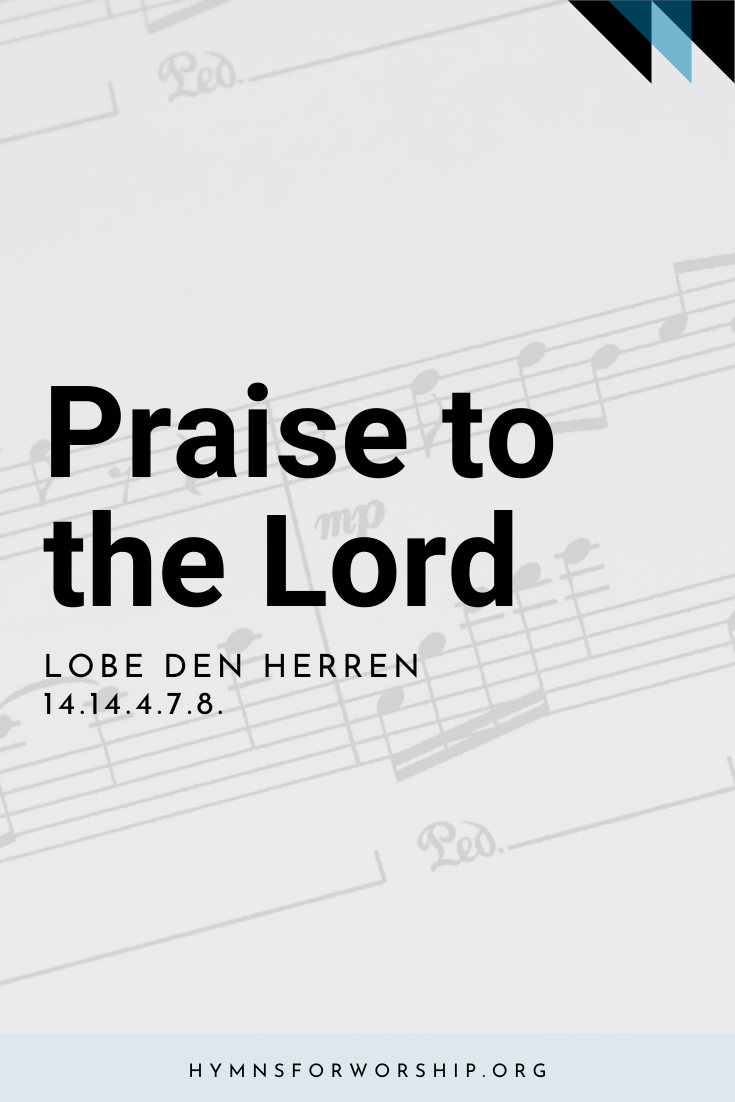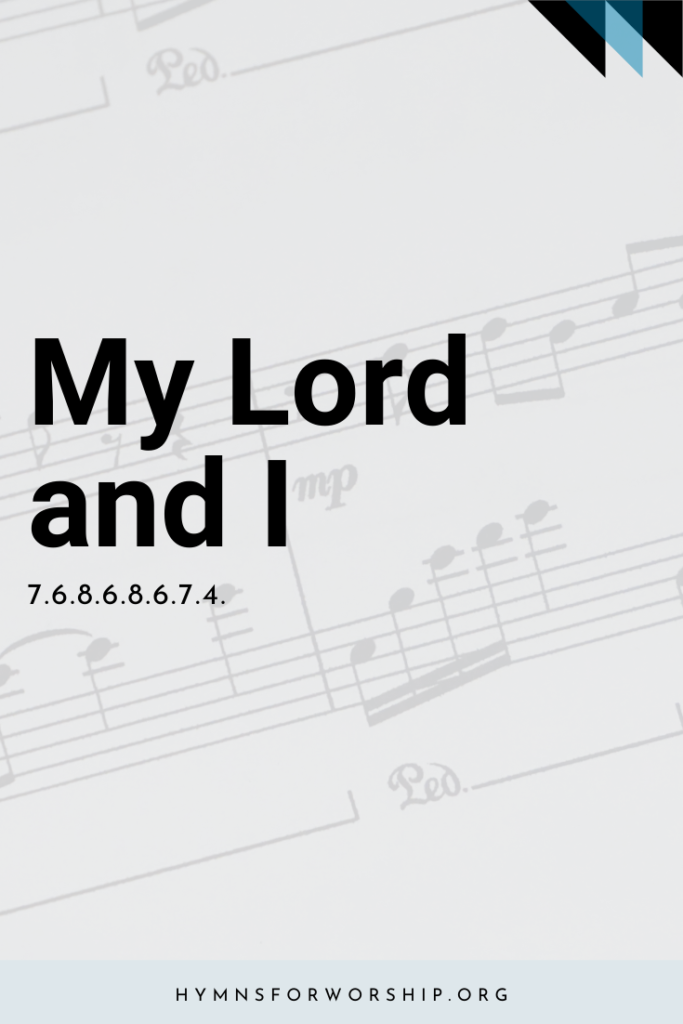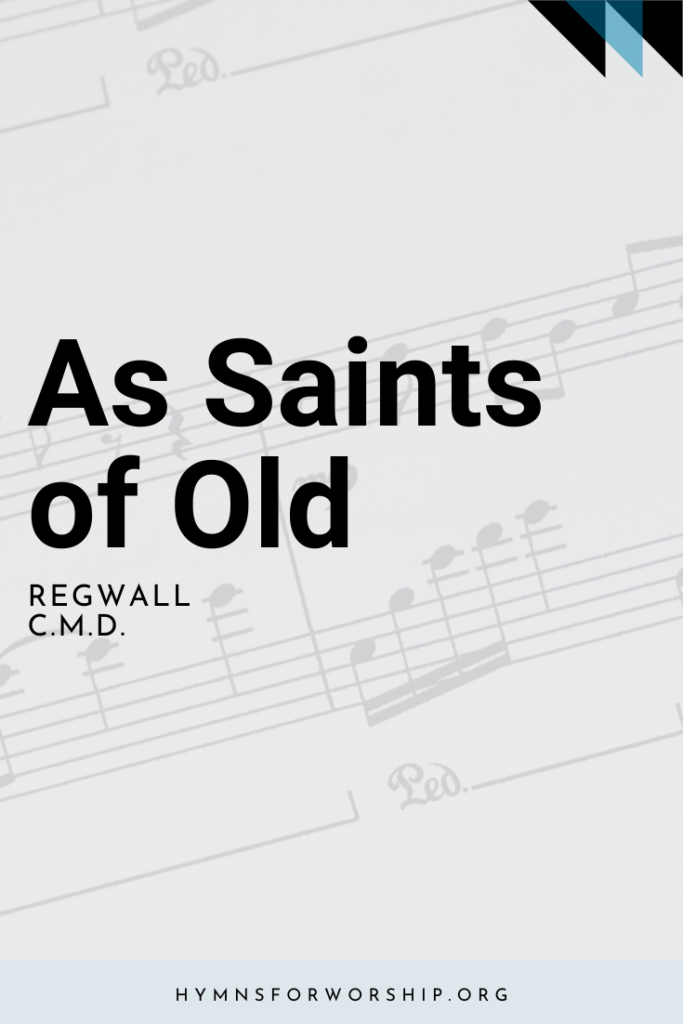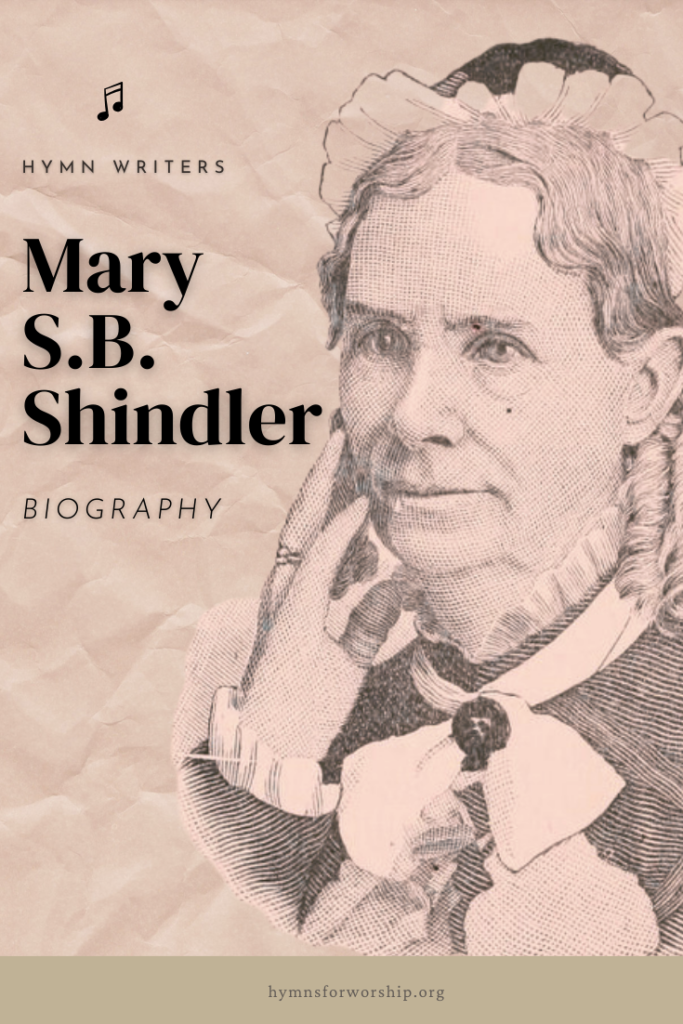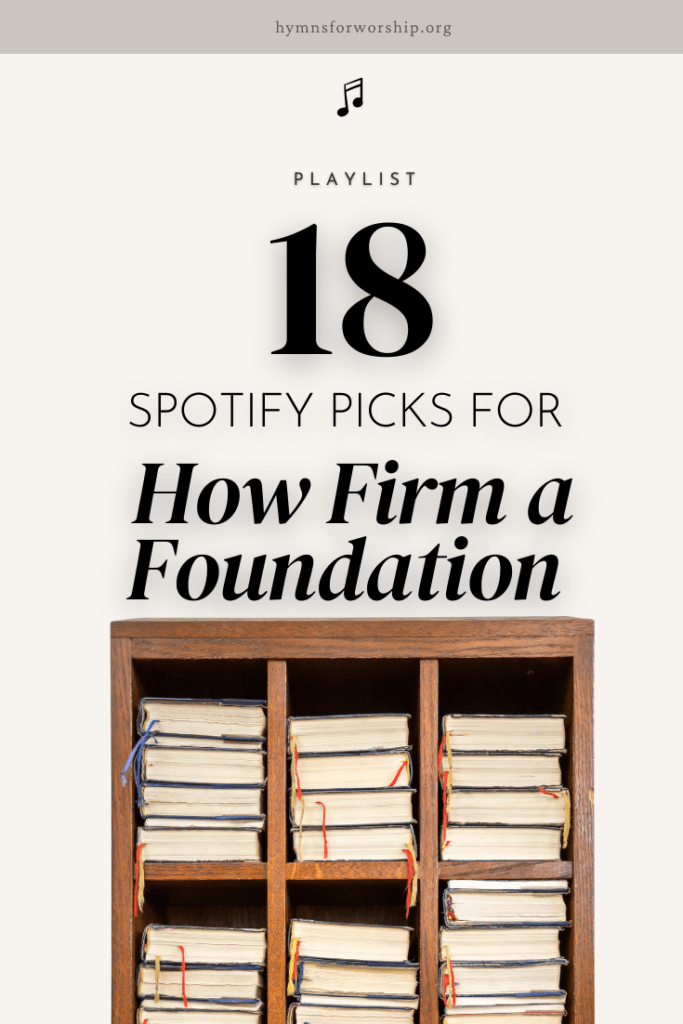WORSHIP >> Adoration & Praise
SDAH 1
Praise to the Lord, the Almighty, the King of creation!
O my soul, praise Him, for He is thy health and salvation!
All ye who hear, now to His temple draw near;
Join ye in glad adoration!
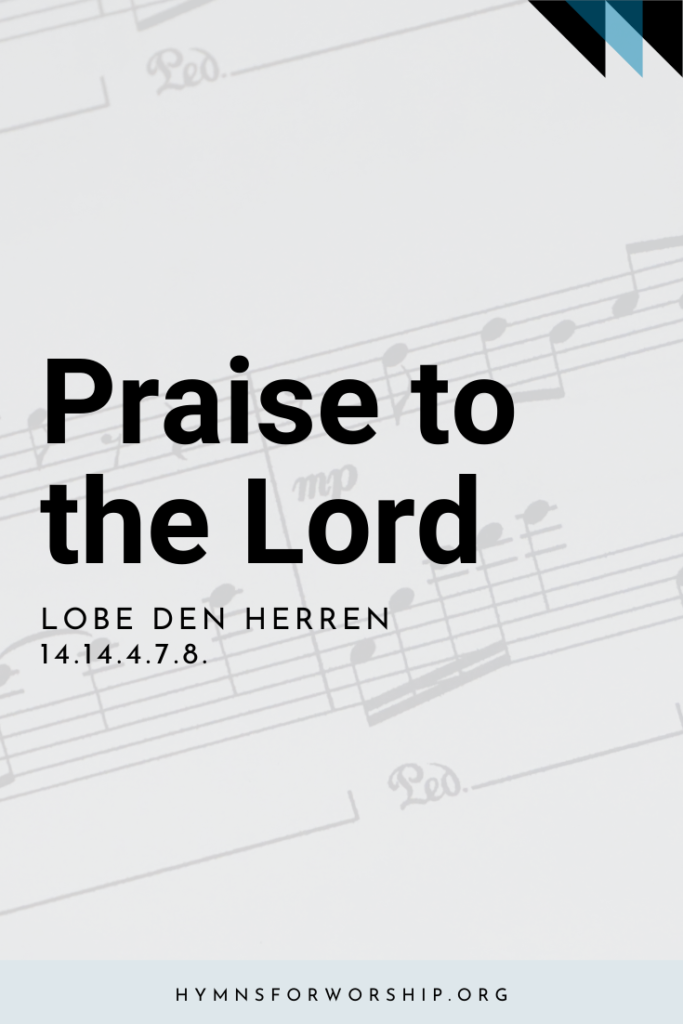

Text
1
Praise to the Lord, the Almighty, the King of creation!
O my soul, praise Him, for He is thy health and salvation!
All ye who hear, now to His temple draw near;
Join ye in glad adoration!
2
Praise to the Lord, Who o’er all things so wondrously reigneth,
Shieldeth thee under His wings, yea, so gently sustaineth!
Hast thou not seen how thy desires e’er have been
Granted in what He ordaineth?
3
Praise to the Lord, who doth prosper thy work and defend thee;
Surely His goodness and mercy here daily attend thee.
Ponder anew what the Almighty can do,
If with His love He befriend thee.

Hymn Info
Biblical Reference
Psalm 103:2-5
Author
Joachim Neander (1650-1680)
Translator
Catherine Winkworth (1827-1878)
Year Published
1863
Hymn Tune
LOBE DEN HERREN
Metrical Number
14.14.4.7.8.
Arranger
Wm. S. Bennett
Tune Source
Chorale Book for England, 1863
Recommended Reading
Explore other blog articles relevant to this hymn
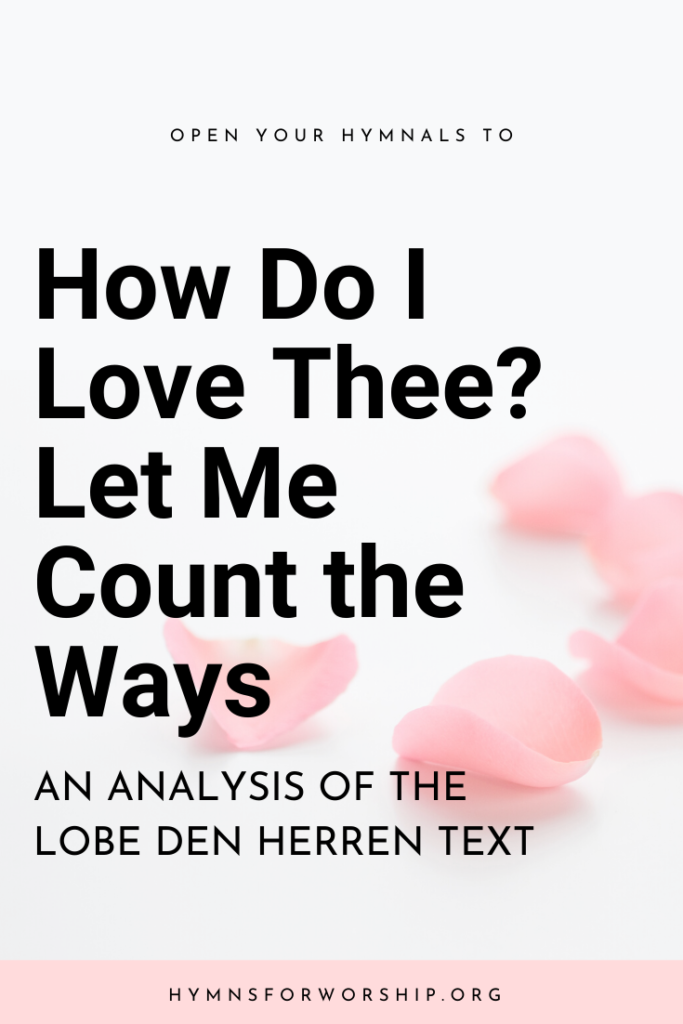
One of Elizabeth Barrett Browning’s most popular sonnets is “How Do I Love Thee” where she lists the depth of her love for her husband through hyperbole, or exaggeration. Joachim Neander wrote “Praise to the Lord, the Almighty” in the same vein by listing the reasons why we should praise God.
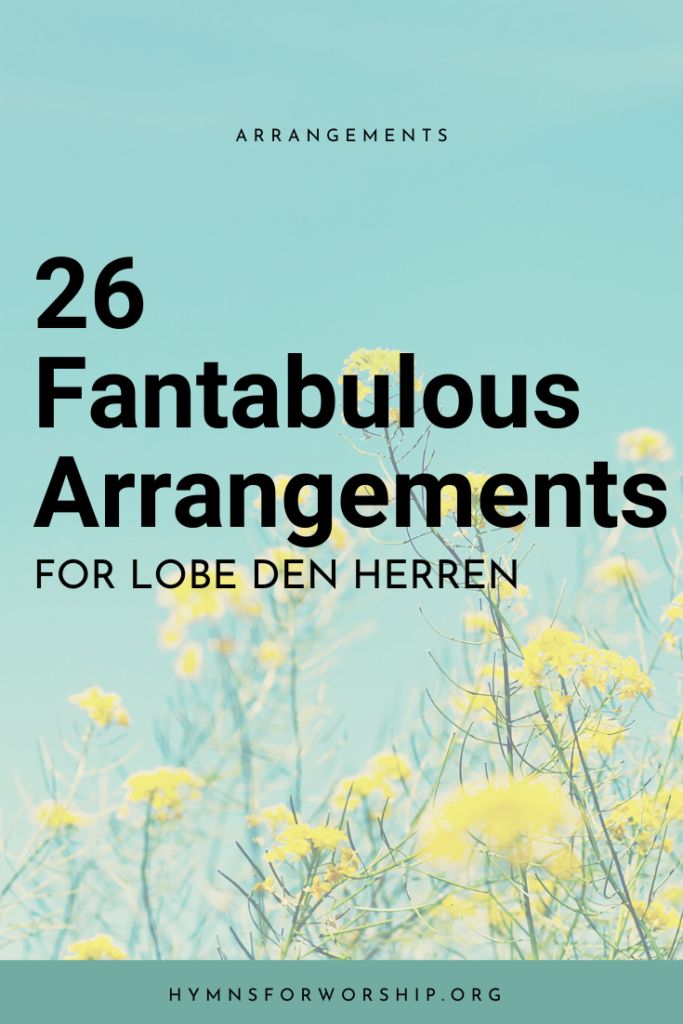
For the past few days, I’ve been waking up with this tune in my head. And it’s actually a very beautiful tune that perfectly matches Joachim Neander’s hymn about extolling praises to God. So I tried googling around to see any arrangements that fits the grandiose, majestic, and yet devoted nature of God when it comes to relating with us.
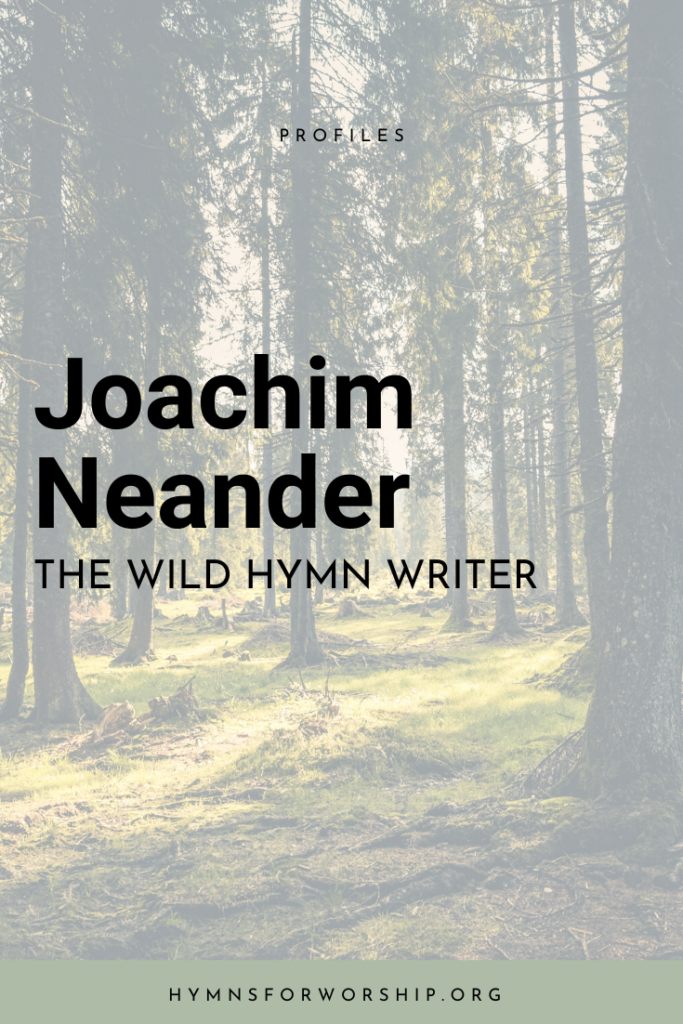
The year was 1670. The Pietist movement was sweeping fast across the Protestant areas of Germany. Many sermons placed an emphasis on personal religion. And at St. Martin’s church in Bremen, it was no different. Using 1 Peter 1 as a basis of his sermon, the preacher gave a powerful call to a real spiritual rebirth, a true inward holiness.
Notes
Get to know the hymns a little deeper with the SDA Hymnal Companion. Use our song leader’s notes to engage your congregation in singing with understanding. Even better, explore this hymn in other languages.
Joachim Neander (1650-1680) wrote these words in 1680 when He was assistant preacher at St. Martin’s, Bremen, basing it mainly on Psalm 103:1-6 and Psalm 150. Many translations have been made of this hymn, the present one by Catherine Winkworth (1827-1878), appearing in her Chorale Book for England, 1863, Neander’s words were published in Alpha and Omega, Joachimi Neandri Glaub- und Libesübung, Bremen, 1680 (Alpha and Omega, Practice of Faith and Love of Joachim Neander) in five stanzas of five lines each. Miss Winkworth omitted his stanza 4 in her translation, and SDAH further omits Neander’s last stanza, which was:
Praise to the Lord! O let all that is in me adore Him!
All that hath life and breath, come now with praises before Him!
Let the Amen sound for His people again;
Gladly for aye we adore Him!
The tune LOBE DEN HERREN (Praise the Lord) is named for the opening words of Neander’s German hymn, but he adapted it from a similar melody that appeared in Ander Teil des Erneuerten Gesangbuchs, printed in Stralsund, a Baltic port of East Germany, in 1665. There it had secular words, which raises the possibility of its having been used for an even earlier secular song. In Winkworth’s Chorale Book for England the melody, as with the other hymns in the book, has been harmonized by the musical editors, William Sterndale Bennette (1816-1875), professor of music at Cambridge, conductor of the Philharmonic Society, and principal of the Royal Academy of Music, and Otto Goldschmidt, the husband of Jenny Lind, the famous Swedish vocalist known as the “Swedish nightingale.”

